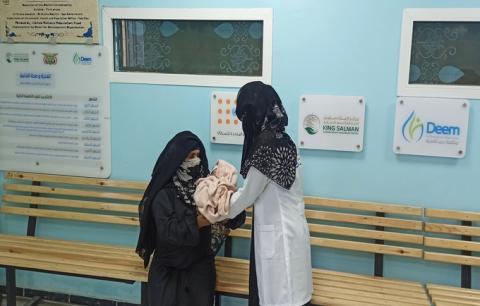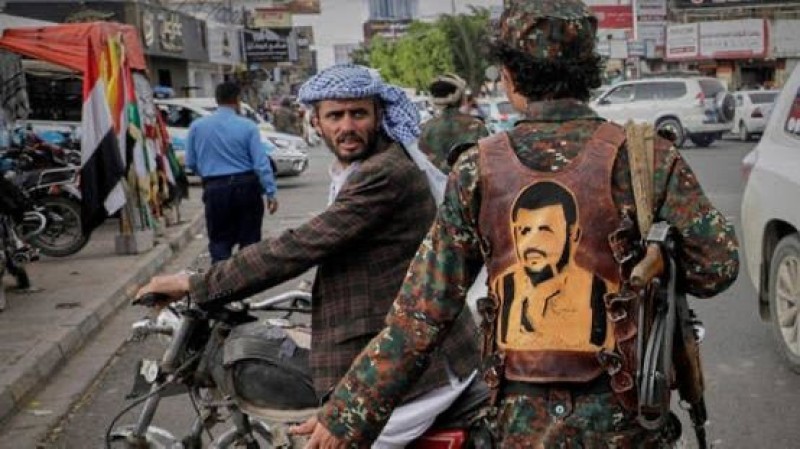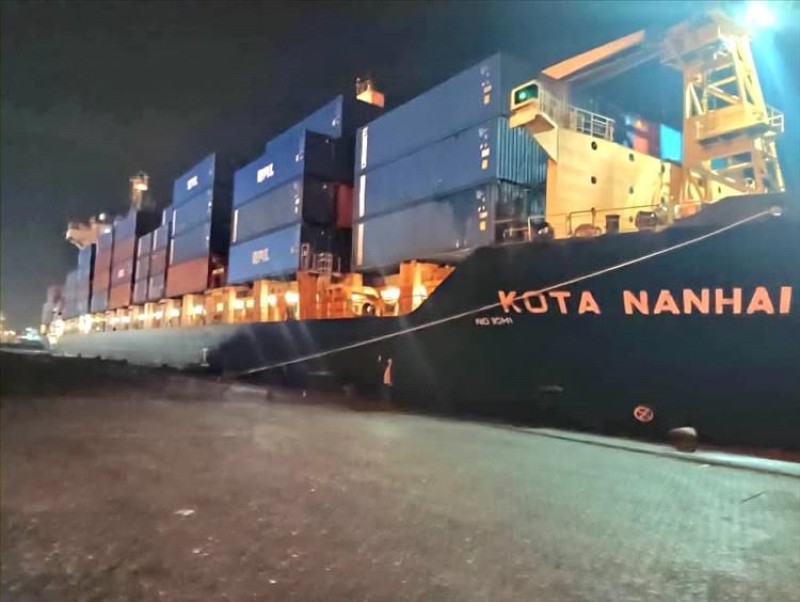UN - Rapid Response Mechanism: Post-distribution Monitoring Report


Executive Summary
This Post Distribution Monitoring (PDM) report presents the findings of the PDM for the Rapid Response Mechanism (RRM) programme that was implemented by UNFPA in Yemen. This PDM was conducted between the 13th of November and the 1 st of December 2022. The RRM targeted the Internally Displaced Persons (IDPs) with RRM in-kind assistance. The PDM was conducted to assess the usefulness, relevance, appropriateness, accessibility, and acceptability of the RRM assistance distributed to the IDPs. Moreover, this PDM aimed to gauge the beneficiary’s satisfaction with the registration and distribution processes, as well as the quantity, quality and content of the RRM kits. Finally, this PDM measures the overall performance of the Implementing Partners (IPs) in terms of registration, distribution, and adherence to the COVID-19 precautionary measures.
The monitoring methodology for the PDM is a quantitative method through structured interviews (70% home visits interviews and 30% phone calls interviews) with a sample of household heads from the targeted People reached with services. The sample size consisted of 861 HHs (10% of the population), including 72.2% males and 27.8% females) from a total people reached with services of 8,610 HHs across 17 governorates1 . The sample size was determined by UNFPA, and the sample distribution was prepared by Moore Yemen (MY) and approved by UNFPA.
Key Findings:
Usefulness: The majority of respondents (95.9%) stated that the RRM assistance was useful to meet their HHs’ needs after displacement. The remaining 4.1% stated that it was not useful mainly in Hajja and AlMahwit.
Appropriateness: 87.8% of the respondents reported that the RRM kits were appropriate to the needs of people reached with services and community while 9.8% said that it was partially appropriate (mainly in Hajja, Al Mahwit, and Al Hudaydah), and 1.4% said it was not (mainly in Dhamar and Hajja). While the remaining 1% said that they do not know who are mainly located in Mareb and AlHudaydah.
Accessibility: The majority of respondents (89%) said they faced no difficulties accessing the Distribution Point (DP) and transporting assistance kits home while the remaining 11% (mainly in Hajja, Shabwah, Dhamar) reported facing difficulties mainly such as lack of transport, illness and remote residential of the people reached with services
Displacement and registration: The majority of the people reached with services (71%) (all the IDPs in AlMahweet, Hajja, Dhamar and Raymah, Taizz (25.0%), Al Hudaydah (64.9%), Mareb (26.5%), Al Dhalee (20.0%) and Shabwah (51.3%)) were forcibly displaced due to flood, 26.5% (all from Abyan, Albayda, AlMaharah, Hadramout, Aden, Lahj, Sana’a (88.9%), Amran (84.6%), Mareb (73.5%), Al Dhalee (80.0%), Taizz (44.4%) and Shabwah (38.5%)) due to conflict, 2.2% due to the lack of income opportunities mainly in Taizz and Amran, and 0.3% (in Shabwah) due to the lack of basic services. The findings showed that 12.3% of the respondents were registered during the first three days from their last displacement (mainly in AlDahlee and Dhamar), 27.6% were registered during the first week, 15.4% were registered during the secondweek mainly in Hajja, AlMahwit and AlHudaydah and the remaining were registered after that mainly in Hajja, Amran, and Mareb Moreover, 95.8% of the respondents reported that they faced no difficulties during the registration for the RRM in-kind assistance as the registration process was easy.
Receipt of RRM assistance: 11.4% of the respondents received the RRM assistance during the first three days after registration mainly in Sana’a, Shabwah and Al Maharah, 28.2% received it during the first week mainly in Dhamar, Al Dhalee and Al Maharah, 27.2% received it during the second week mainly in Taizz, Hadramaut, Abyan and Aden, 10.9% received it during the third week mainly in Al Mahwit and 12.1% received it during the first month mainly in Raymah, Aden, and Mareb.However, the remaining 10.2% mainly in Hajja, AlMahwit and AlHudaydah said that they received it after more than one month.
It is worth mentioning that 56.2% of the surveyed respondents (mainly in Hajja, Al Hudaydah, Al Mahwit,
Dhamar and Raymah) confirmed not receiving the Immediate Response Ration (IRR) Kit.
Satisfaction: An average of 99.2% of the people reached with services stated that the kits were of good quality and type, and that the kits contained enough materials to meet their needs. It was found that 99.1% of the respondents were satisfied with the transit/dignity kit, 99.2% were satisfied with the IRR kit, and 99.4% were satisfied with the hygiene kit.
ECHO indicator: The result for the indicator of the European Commission Directorate-General for Humanitarian Aid and Civil Protection (ECHO) showed that the RRM assistance was delivered in a safe, accessible, accountable, and participatory manner to 64% of the people reached with services.
Treatment with respect: All the people reached with services confirmed being treated with respect by the IPs’ staff during the RRM intervention.
Complaint/feedback mechanism: More than half (62.7%) of the respondents (mainly in Hajja, Al Mahwit, and Al Hudaydah) reported being unaware of the Complaints Response Mechanism (CRM), which means that a big number of the people reached with services’ problems might be underreported. About 46.2% of the respondents (mainly in Hajja and Al Hudaydah), reported that they would raise their complaints through the NRC complaint mechanism followed by 12.7% of the respondents (mainly in Al Mahwit and Mareb) who would use the UNFPA complaint mechanism.
Consultation with women: More than half (53.6%) of the female respondents(all the female respondents in Lahj, Raymah, Al Maharah and Abyan) stated that they were not involved in any consultation to select the appropriate DPs.
Distribution details for women: About 13% of the female respondents (all females in Abyan, Al-bayda, AlDhalee, Dhamar, and Lahj) were not informed of the distribution date well before the distribution day to be able to plan how to access the DP and how to transport the kits if needed.
Presence of female staff during the distribution: The findings revealed that 28% of the female respondents mainly in Al-Maharah, Raymah, and Abyan reported that there were neither a private place nor female staff to serve women during the distribution.
COVID-19 preventive measures: Regarding the IPs’ adherence to COVID-19 preventive measures, 72% (mainly in Hajja, Al Hudaydah, Al Mahwit, Shabwah, Amran, Albayda, Mareb, and Aden) of the respondents stated that the IPs enforced COVID-19 precautionary measures such as physical distancing and wearing facemasks during the RRM process. While the remaining 28% said that IPs did not apply COVID-19 precautionary measures.

Aden — For three decades prior to the outbreak of war, Yemen’s oil and natural gas sector played a decisive role in shaping the country…

Sana’a – The occupied Yemeni capital Sana’a is witnessing mounting economic panic and a sharp collapse in the real estate market…

Aden – The vessel Kota Nanhai departed Al-Mualla Container Terminal at Aden Port this evening after completing the unloading of 457 standard…